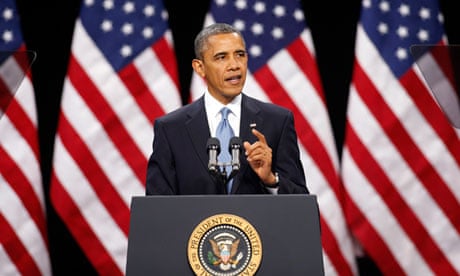[This is a shortened and slightly modified version of the sermon I preached yesterday to the Pennswood Village Interdenominational Congregation, in Newtown, Pennsylvania, where I am in my thirteenth year as Minister of Worship.].
.jpg/250px-Isaiah_(Bible_Card).jpg) |
From a Bible card published by
the Providence Lithograph Co.
(c. 1904) |
If Isaiah were alive today, I doubt that he would win the most popular preacher award. He would be in too much hot water with those who think the church should keep out of politics.
Isaiah was not too popular in his day either, for the very same reason. I can imagine the reaction when he attacked King Hezekiah’s foreign policy and denounced the politicians who were advocating an alliance with Egypt. One of the leaders was a foreigner named Shebna, who had risen to a position of power and influence in the court. Isaiah rebuked him publicly for his arrogance and presumptuousness in building an ostentatious tomb for himself.
This, incidentally, is the only time in the Book of Isaiah that we find the prophet condemning an individual by name, and I’m sure Shebna’s supporters were infuriated by such blatantly partisan politics. Other prophets, like Amos and Jeremiah, did the same thing on occasion, but most of the time the prophets were dealing with issues and policies and general conditions. That was meddlesome enough, and they often paid a severe price for it.



.jpg/250px-Isaiah_(Bible_Card).jpg)